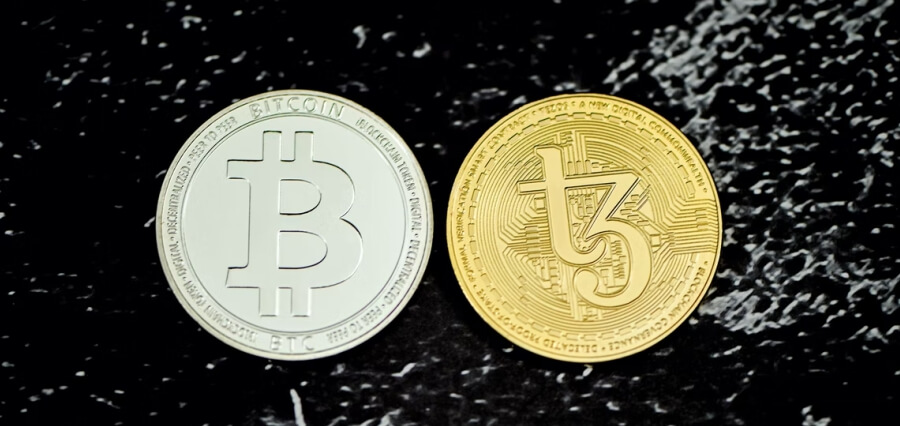We’ve recently seen multiple reviews of these critically-acclaimed brokerages, such as https://www.binaryoptions.com/broker/pocket-option/pocket-option-legal-in-india/ operating in India. However, a consistent theme is financial regulators do not actually license them in India. Instead, they’re licensed offshore and can offer their services to interested Indian traders.
While that may be the trend, it’s easy to suggest that the traders in India promote the emergence of these brokerages operating in the country in the first place. More so, we’re able to understand that the financial regulatory bodies in India currently have no infrastructure or rules to control the operations of these so-called ‘offshore brokers.’
Comparing with Other Investment and Trading Instruments
Judging from a global perspective, when most professional investors are asked the best ways to invest in the financial markets, you get to hear options like forex, stocks, futures, commodities, and bonds. There’s barely a mention of these new models like binary or cryptocurrency.
While that’s not to say making money with cryptocurrencies or binary options trading isn’t sustainable, it just shows the level of implementation by traders globally. More so, veteran investors always frown at the new kid on the block, especially when the new kid happens to be largely unregulated.
Meanwhile, we could pass judgment on its authenticity as an investment instrument because, in the UK, it’s regulated by the Gambling Commission instead of the expected Financial Conduct Authority (FCA), with is common with other popular instruments.
Although that’s not enough to conclude that binary options trading is a gambling exercise, it does shed some light on why most professionals will prefer other instruments.
Reflecting on the Past to Project the Future
Since it became available on retail platforms in 2008, binary options trading has seen an expeditious growth in popularity as a trading and investment instrument. Although most of its popularity was either due to the marketing of brokerages or the clashes between brokerages and regulators, the sustained patronage by traders comes from it being a profitable tool for the experienced lot.
What we initially saw as just a Ponzi scheme that’s likely to crumble soon enough is now taking some lighter criticism. It is also being accepted by the majority of the traders in the country. Although this fact doesn’t negate the possibility of the trading instrument being banned in India in the unseen future, it’s a good start if you want to bank on it as a viable investment tool or model.
You wouldn’t blame the criticism in the first place; binary options came in as the fastest and most accessible version of trading. Of course, it’s about to raise eyebrows because something with such simplicity shouldn’t be fast in the same way as well.
With its contracts being run on OTC only and the existence of a fixed percentage return coupled with a settlement of either +$ or 0$, it becomes a red flag-waver for professional traders who require strong fundamentals of underlying instruments for making investment decisions.
With all these clouds on their way to the limelight, it’s still a profitable investment and trading model. Perhaps one could have some belief because it’s taken a fair amount of stings from top regulatory bodies globally, and it is still standing.
Conclusion
As we invariably see the emergence of new binary options brokerages with better offers, it’s safe to say they must be making some money for the industry to continue with its growth. At the same time, new trades are getting involved daily. Thus, we don’t expect the industry to have a shaking ground any time soon.


